With input from CNBC, the Washington Post, CNN, Axios, and BBC.
Short sellers don’t usually shine in a roaring bull market, but Michael Burry just walked onto the AI dance floor and pulled the fire alarm. The “Big Short” investor’s Scion Asset Management disclosed hefty put positions — roughly $912 million against Palantir and $187 million against Nvidia — a wager that nearly 80% of his portfolio thinks the AI trade is overcooked.
Palantir’s CEO Alex Karp promptly lit him up on CNBC, calling Burry “bats**t crazy” for betting against what he framed as the most important software company in America. It wasn’t just trash talk; retail investors have been a backbone for Palantir’s rally, and half the float is in their hands. Still, the timing stung: despite “stellar” earnings, Palantir sank nearly 8%, while Nvidia slipped about 4% as the broader Nasdaq swooned.
Burry’s swipe hits a market already whispering “bubble.” AI has powered indexes to dizzy heights, with megacaps and chip names becoming an ever larger slice of the S&P 500’s story. Yet cracks were showing even before his filing landed — a year of circular AI deal-making, eye-watering capex, and sky-high expectations has left valuations thin-skinned. When Palantir beat, it somehow wasn’t “good enough.” That’s what bubbles do: they move the goalposts.
The unease isn’t limited to Wall Street. Asia caught the downdraft, with Japan’s Nikkei slipping and AI bellwether SoftBank plunging more than 10% after a sharp run-up left it exposed to any shift in mood. Samsung and TSMC slid too, underscoring how tightly global markets are lashed to the AI supply chain. Analysts call it “healthy” profit taking; others, including bank chiefs at a Hong Kong summit, warned a correction is overdue.
Burry, of course, is famously contrarian — he made his name shorting subprime before 2008 and has been canonized in book and film for it. He’s also been wrong in public before. That’s part of why his latest warning — “Sometimes, we see bubbles… sometimes, the only winning move is not to play” — lands like a Rorschach test. Bulls hear fearmongering. Bears hear vindication. Everyone else hears: check your risk.
Executives, meanwhile, are playing both sides. Some rail against short sellers in public, then quietly take their cues; research shows insider stock sales tick higher after companies blame shorts. And a curious rally has been bubbling in the market’s edgier corners — thin balance sheets, high short interest, no profits — the kind of “late-cycle” action that makes veterans twitchy.
Bottom line: short selling is never popular when the tape’s up 90% from the 2022 lows. But Burry just gave the AI trade its first real stress test in a while. Whether he’s early, wrong, or dead-on, his bet forces a question the market’s been dodging: are we funding a revolution — or just paying peak prices for the story of one?
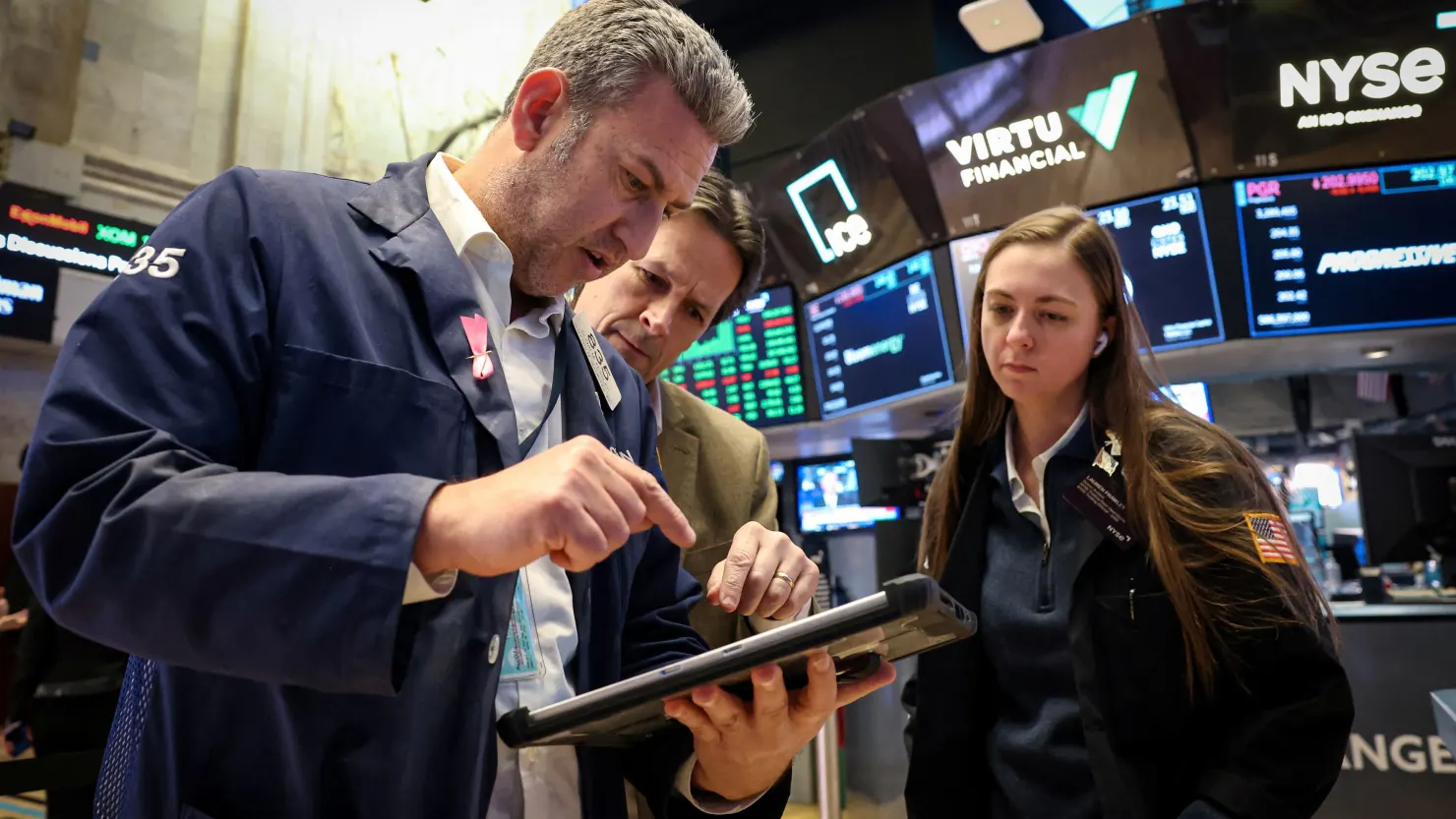
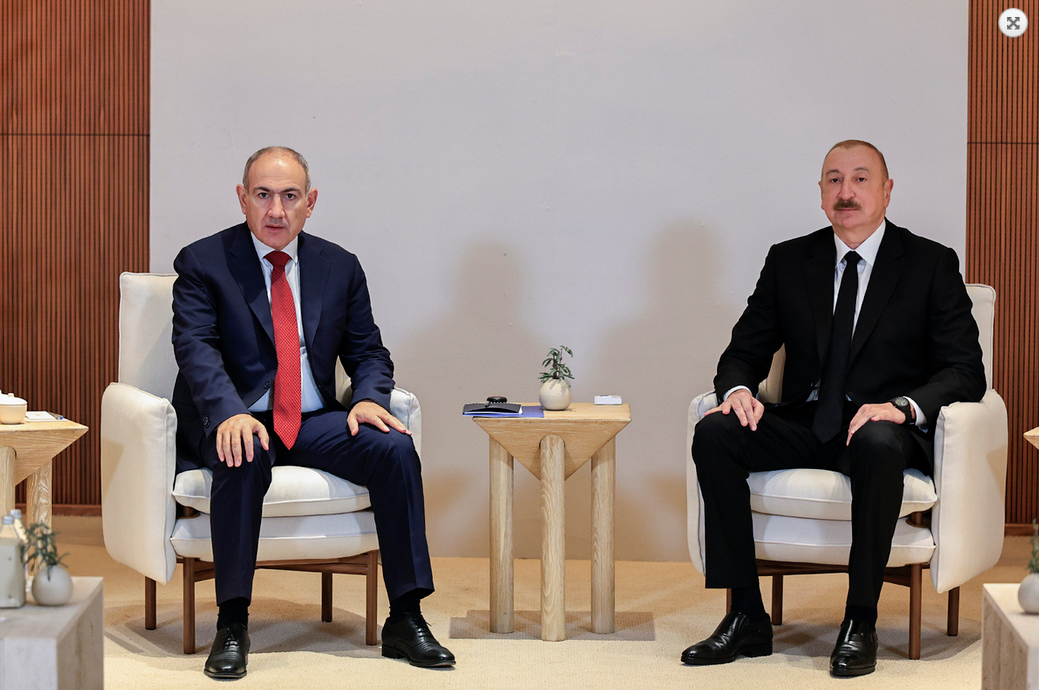
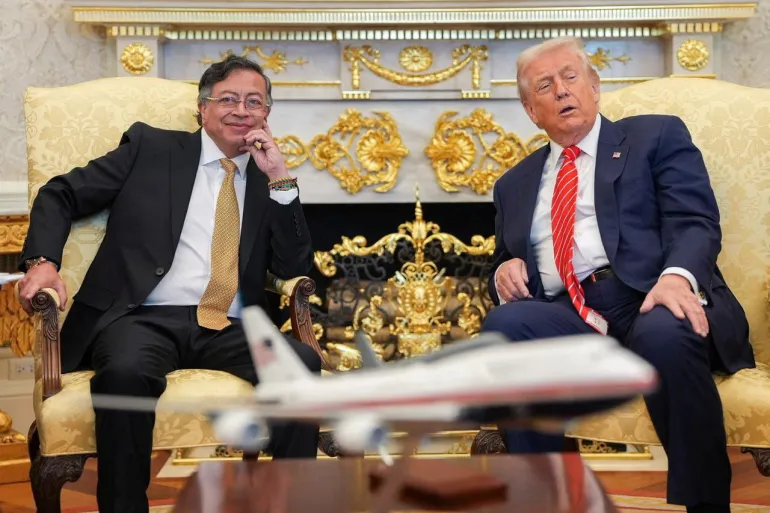

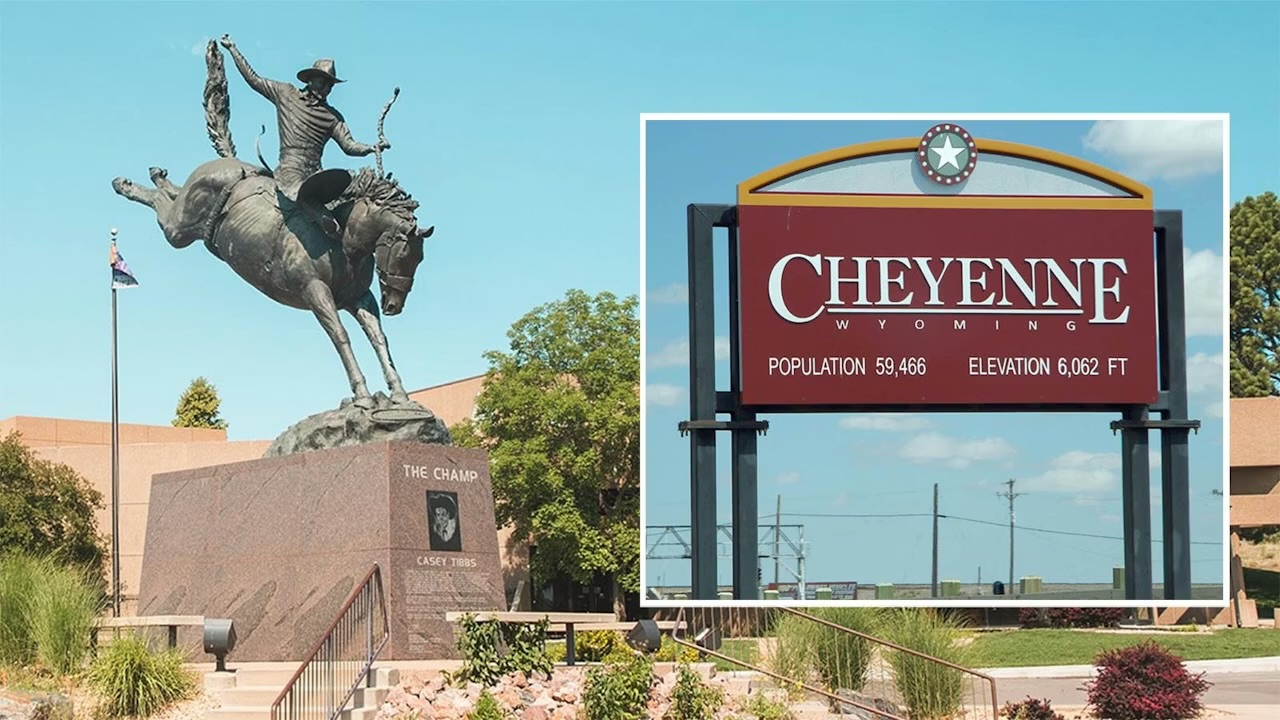
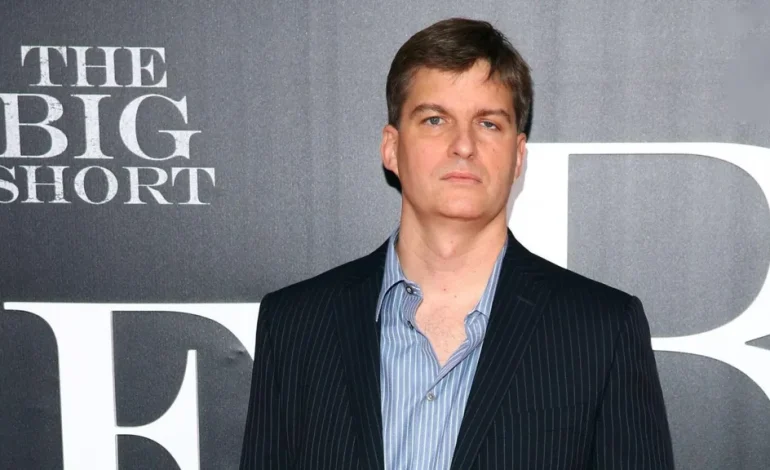




The latest news in your social feeds
Subscribe to our social media platforms to stay tuned